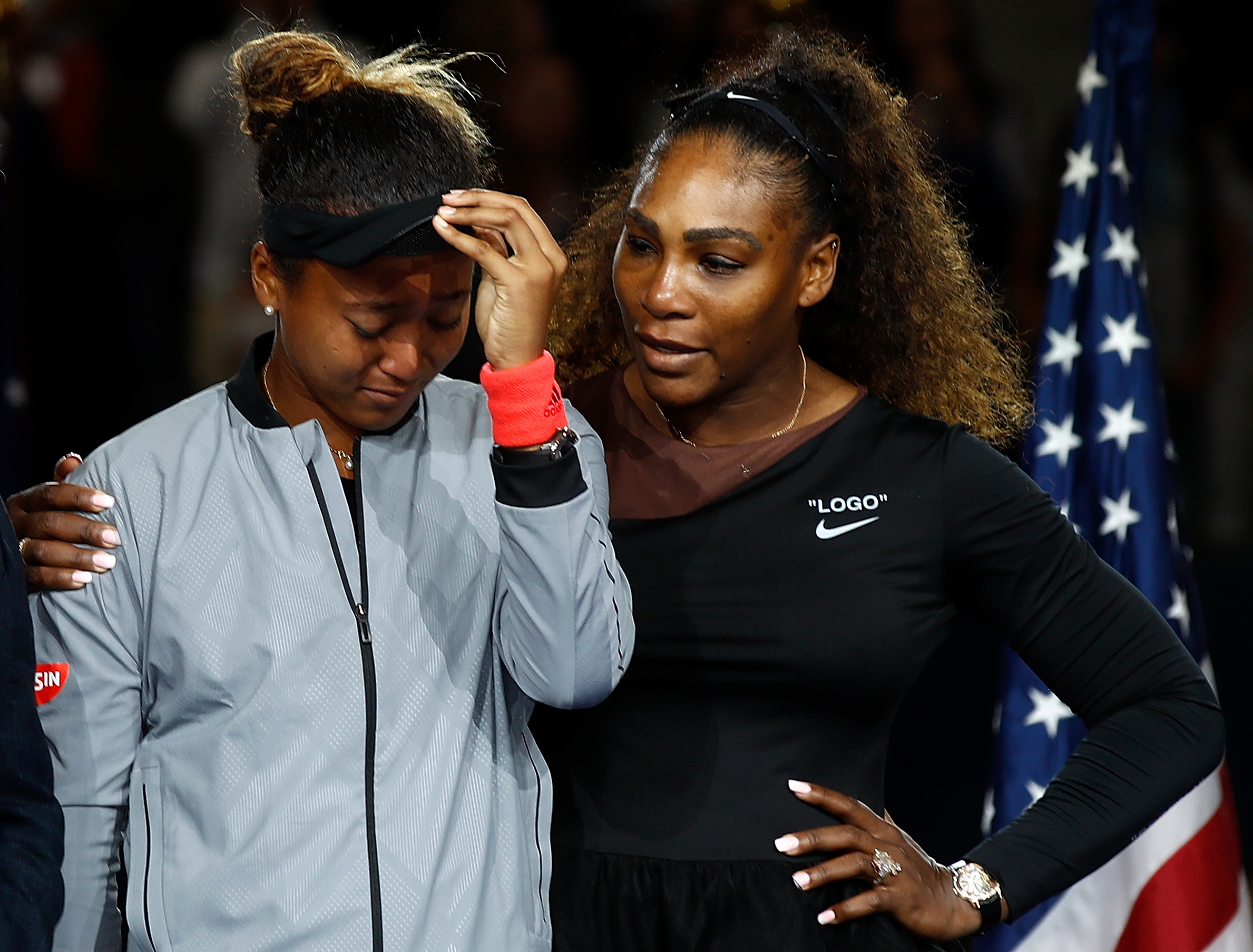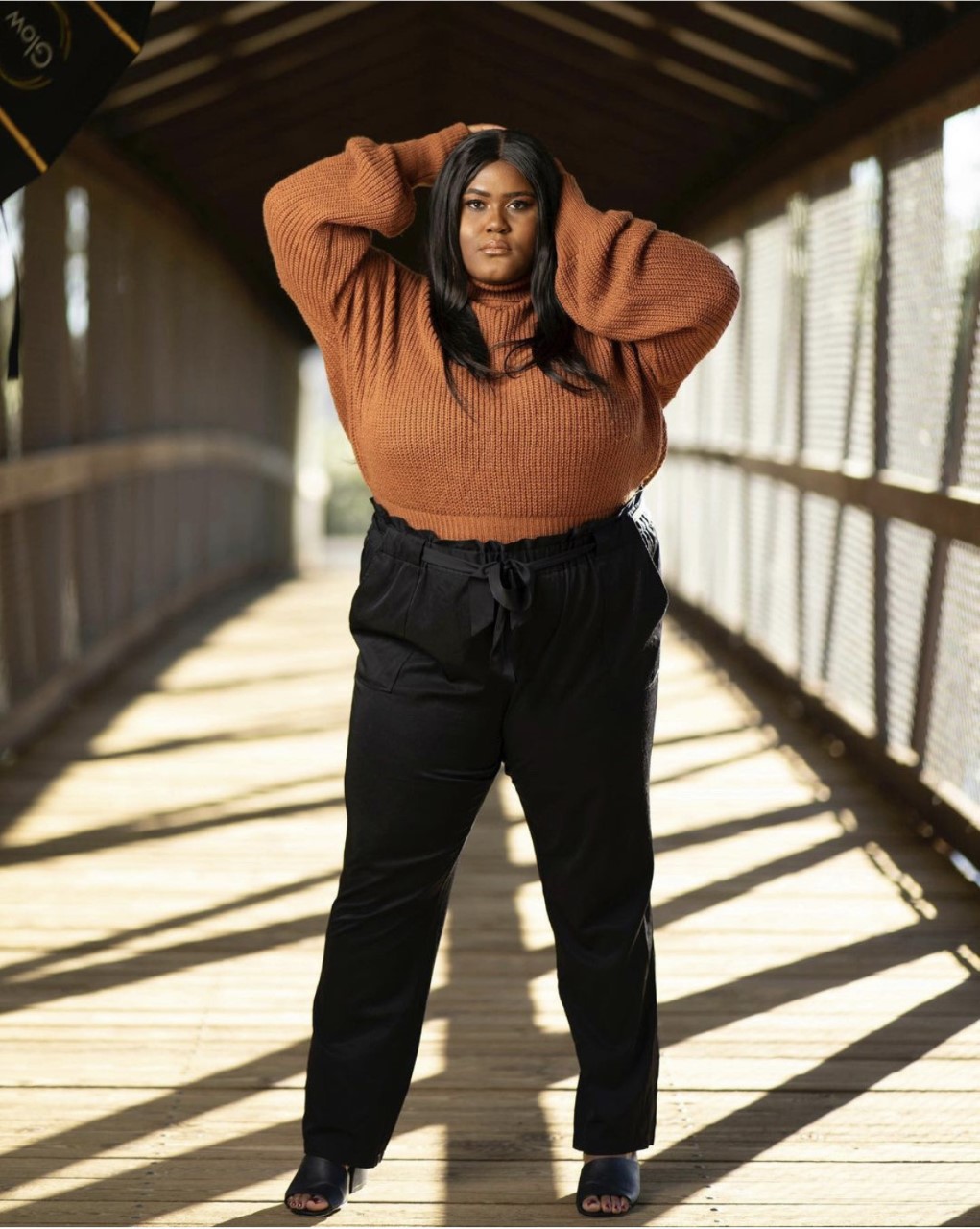

The internet has been aflame the last few days due to the just departure of tennis athlete Naomi Osaka. The 23-year-old decided to leave the French Open entirely after being fined $15,000 for not attending a post-game press conference. This stirred up the conversation around mental health, the expectations of the press and the responsibilities these athletes have in the media. Osaka admitted to battling depression ever since her match in 2018 against Serena Williams, where the crowd booed her after her victory. Both Serena and Venus — in their respective ways — spoke out in support of Osaka and how she chose to handle her mental health. But some athletes felt conflicted about Osaka’s choice to not speak to the press. Former tennis champ, Billie Jean King, posted to social media saying: “While it’s important to speak our truth, I have always believed that as professional athletes we have a responsibility to make ourselves available to the media.”
In light of the controversy surrounding mental health and athletes’ media obligations, the meditation and wellness Calm app announced last night that it would support athletes in prioritizing their mental health. The app focused on lessening anxiety tweeted: “ To support Naomi Osaka’s decision to prioritize her mental health, Calm is donating $15,000 to @LaureusSport in France, an organization doing incredible work in the mental health space to transform the lives of young people through the power of sport.” Laureus Sport is a global sporting movement celebrating the world’s greatest athletes, uniting them to celebrate sport and its ability to change lives. The Calm app also added that their donation is bigger than just a single athlete. They also decided to pay the fine of any other players that are deciding to opt-out of any 2021 Grand Slam media appearances for mental health reasons.
Mental health is health. 🎾
To support Naomi Osaka’s decision to prioritize her mental health, Calm is donating $15,000 to @LaureusSport in France, an organization doing incredible work in the mental health space to transform the lives of young people through the power of sport. pic.twitter.com/C53ptXsks5
— Calm (@calm) June 2, 2021
Among professional athletes, data shows that up to 35% of elite athletes battle mental health crises. This can manifest as stress, eating disorders, burnout, or depression and anxiety. Osaka as of late isn’t the only professional athlete to share their struggles. In recent years, more athletes have decided to speak out about the struggles they’ve faced mentally. Olympic swimmer Michael Phelps, USC Volleyball player Victoria Garrick, NBA player Kevin Love have also shared their respective stories about depression, eating disorders and anxiety. Their candidness for many fans is a sheer sign of strength.














